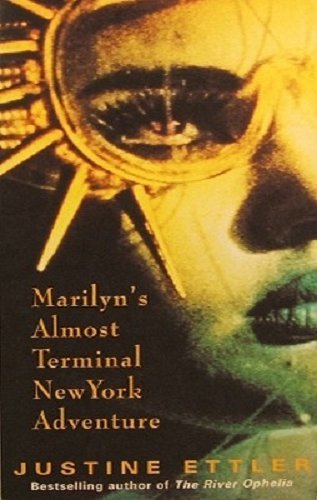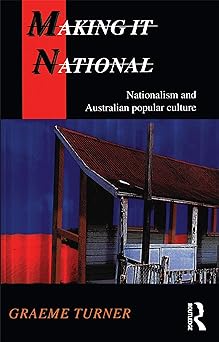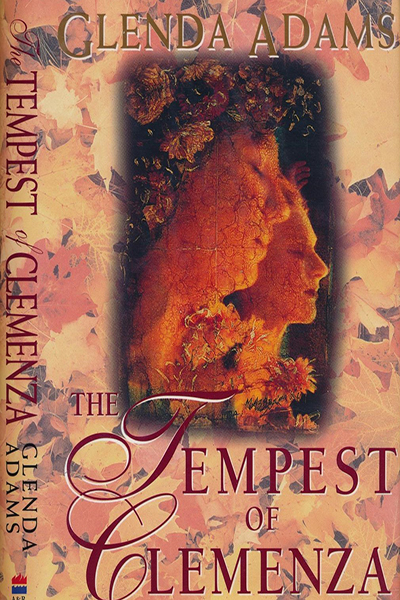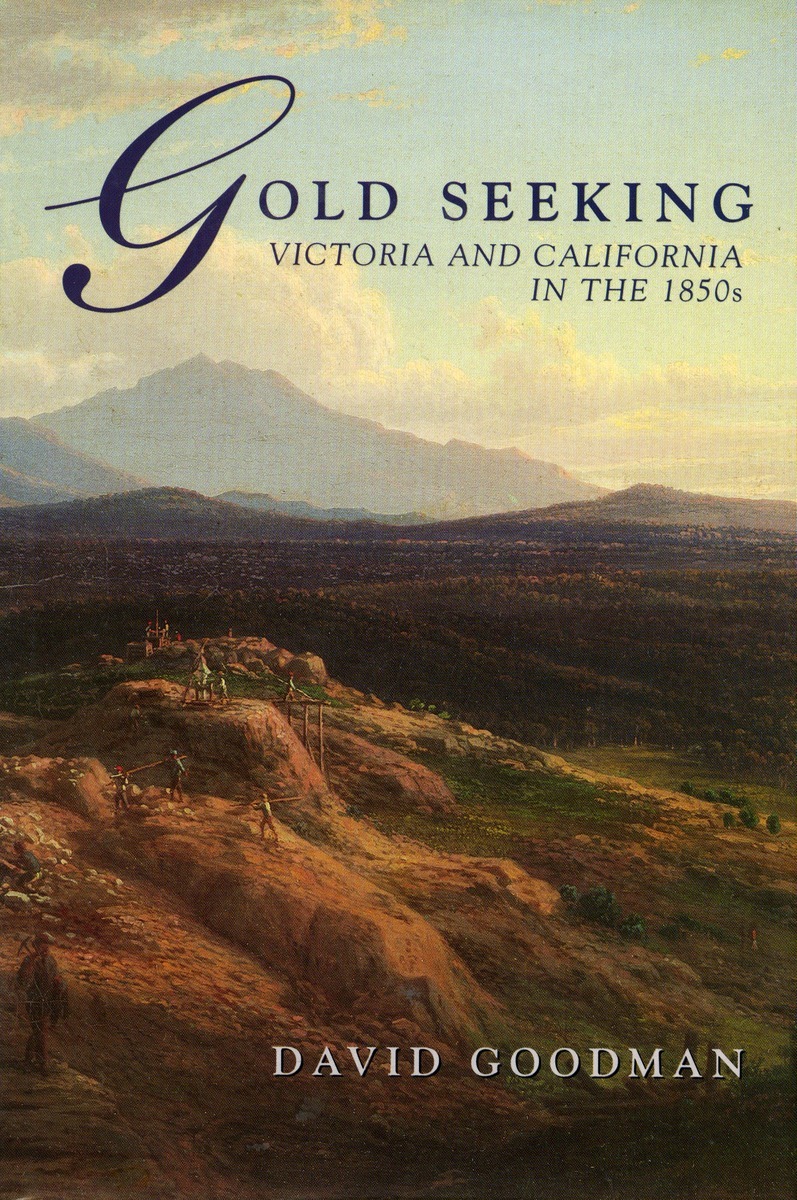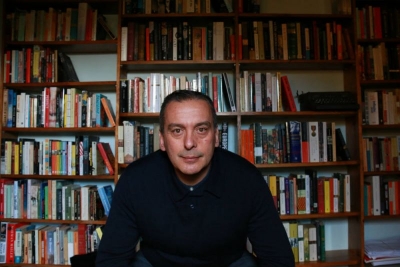Archive
Marilyn's Almost terminal New York Adventure by Justine Ettler
Making it National: Nationalism and Australian Popular Culture by Graeme Turner
Garry Disher: The Sunken Road is a so-called literary novel. I find that I’m a bit typecast, Garry Disher the crime writer or Garry Disher the children’s writer. A lot of the fiction I’ve written is so-called more literary in nature. This is my big book, up to date, if you like. It’s a novel set in the wheat and wool country in the mid-north of South Australia where I grew up. It’s a story of the region and of a family and of a main character called Anna Tolley. I tell this story in a series of biographical fragments around a theme like Christmas, or love, or hate, or birthdays. And each fragment takes a character from childhood to old age. And I repeat this pattern right through the book and certain secrets are revealed or come to the surface through this repetition. So at that level I suppose it’s a linear story, but the structure’s not all that linear. In terms of structure it’s an advance for me, or an experiment.
... (read more)Dear Editor,
I am flabbergasted at the savage, totally unjustified hatchet job that Richard Hall has done on Hugh Mackay in the National Library Voices Essay (ABR, Feb/March 1996). Is the National Library now paying for character assassination?
I know both Hugh Mackay and Richard Hall. I think that the Pot should always think carefully before calling the Pan sooty-arse. If Mr Mackay looks like ‘a possum thinking about an apple’, the curmudgeonly Mr Hall looks a bit like the possum’s bum.
... (read more)Gold Seeking: Victoria and California in the 1850's by David Goldman
Christos Tsiolkas, author of Loaded, is a 29-year-old gay, Greek-Australian who lives in Melbourne. His essays, journalism, and reviews have appeared in the gay press, ethnic press, student, and left-wing journals.
... (read more)I’ve told this story before, but perhaps I might give it one last run ... There I was at a NSW Premier’s Literary Award dinner, giving the annual address and I wanted to say, in passing, that much verse and most fiction, like most of anything else, are more likely to be products of imitation than of imagination. On the other hand, essays, history, philosophy, prose sketches, social, political and cultural analysis, popularisations of specialist scholarly stuff and all kinds of criticism can at times be more imaginative than verse or fiction – and display greater literary qualities.
... (read more)
